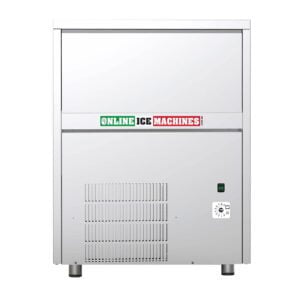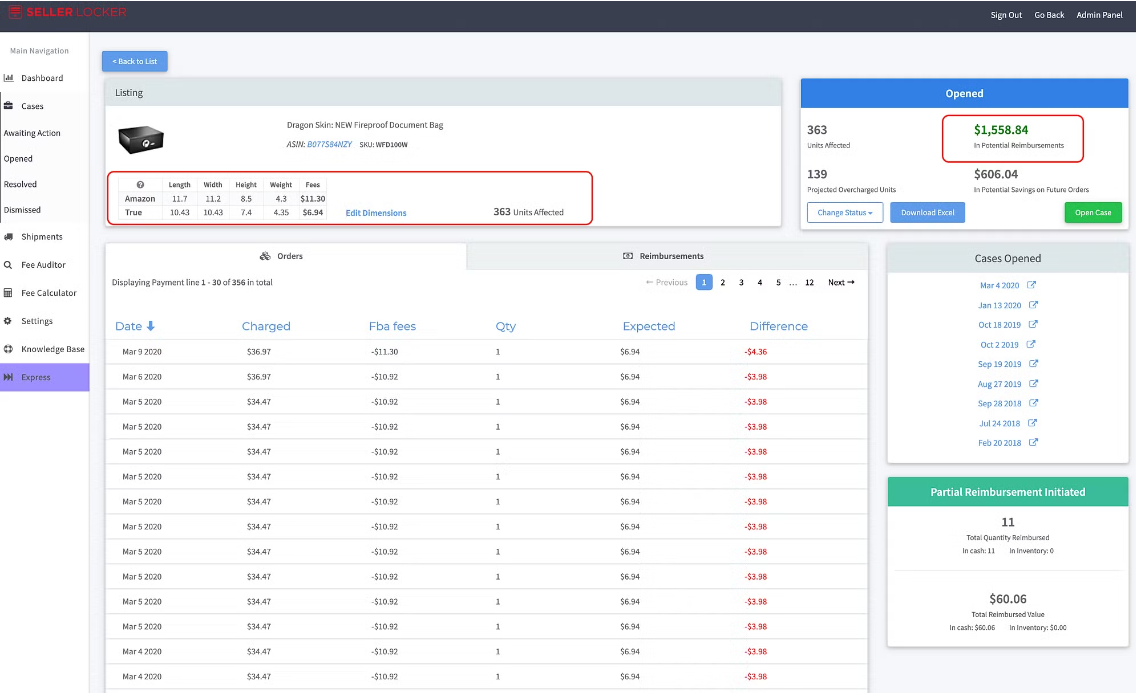In today’s world, where environmental consciousness is crucial, the process of house clearance demands thoughtful consideration. The Environmental Impact of House Clearance, How to Dispose of Items Responsibly addresses the significance of environmentally friendly disposal methods. This guide outlines various aspects of responsible disposal, including recycling, donating, and proper waste management, ensuring that your house clearance efforts align with sustainable practices.
Understanding the Environmental Impact
House clearance, if not executed mindfully, can significantly contribute to environmental degradation. From increased landfill waste to harmful emissions released during disposal processes, every step of clearance can leave a footprint on the planet. It’s essential to recognize these impacts to implement effective strategies for mitigation.
The Impact of Landfill Waste
When items from house clearances end up in landfills, they contribute to the growing problem of waste accumulation. Landfills not only occupy vast amounts of land but also release harmful gases like methane, exacerbating climate change. Moreover, many materials take decades or even centuries to decompose fully, further straining the environment.
Pollution from Improper Disposal
Improper disposal methods, such as burning waste or dumping it in water bodies, can lead to pollution of air, soil, and water. Hazardous chemicals and toxins released during such processes pose significant health risks to both humans and wildlife, highlighting the urgent need for responsible disposal practices.
Sustainable Disposal Strategies
To minimize the environmental impact of house clearance, adopting sustainable disposal strategies is paramount. By prioritizing reuse, recycling, and proper waste management, individuals can significantly reduce their carbon footprint and contribute to environmental preservation.
Reuse: Giving Items a Second Life
One of the most effective ways to reduce waste is by reusing items whenever possible. Before considering disposal, assess whether certain items can be repurposed or donated to those in need. By extending the lifespan of belongings, you not only minimize waste but also support a circular economy.
Recycling: Transforming Waste into Resources
Recycling plays a crucial role in diverting materials from landfills and conserving natural resources. Sort items based on recyclability, including paper, plastic, glass, and metal, and ensure they are properly disposed of through recycling programs or facilities. Recycling not only reduces the strain on the environment but also promotes resource conservation.
Proper Waste Management: Disposing of Hazardous Materials Safely
Certain items, such as electronic waste, batteries, and chemicals, require special handling due to their hazardous nature. Explore local waste management options or designated drop-off locations where these materials can be safely disposed of or recycled. By adhering to proper waste management protocols, you prevent harmful substances from contaminating the environment.
Conclusion of Environmental Impact of House Clearance
The environmental impact of house clearance is a multifaceted issue that requires careful consideration and proactive measures to mitigate its negative effects. While the disposal of unwanted items often leads to landfill accumulation and resource depletion, there are opportunities for improvement through sustainable practices such as recycling, reusing, and donating items.
By raising awareness, implementing proper waste management strategies, and promoting eco-friendly alternatives, we can work towards minimizing the environmental footprint of house clearance activities. Additionally, fostering a culture of responsible consumption and mindful disposal habits among individuals and communities is crucial for achieving long-term sustainability goals. Together, we can strive to preserve our environment for future generations while responsibly managing the process of house clearance.
FAQs (Frequently Asked Questions)
How does house clearance contribute to environmental degradation?
House clearance can lead to environmental degradation through increased landfill waste, pollution from improper disposal methods, and the release of harmful emissions.
What are some sustainable disposal strategies for house clearance?
Sustainable disposal strategies include reuse, recycling, and proper waste management. By prioritizing these methods, individuals can minimize their environmental impact.
Can household items be repurposed or donated instead of disposed of?
Yes, many household items can be repurposed or donated to charitable organizations, reducing waste and supporting those in need.















